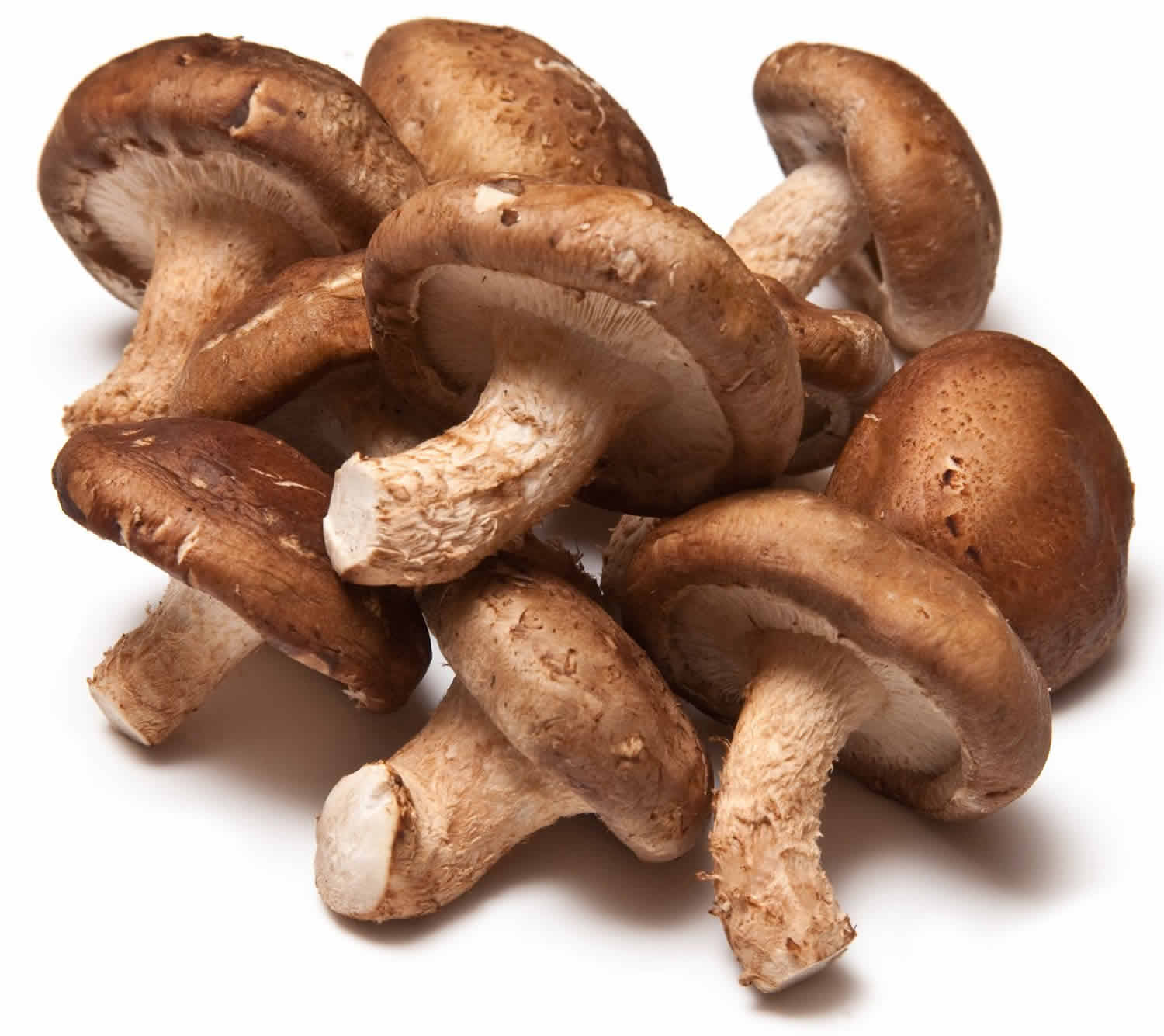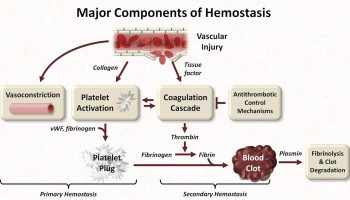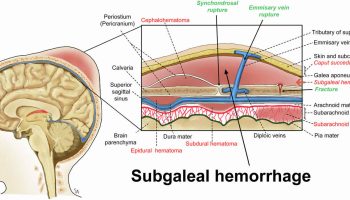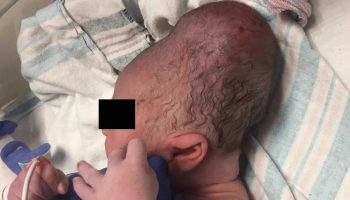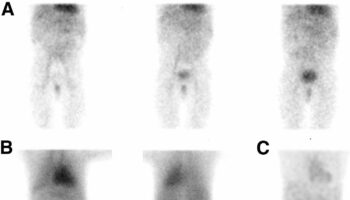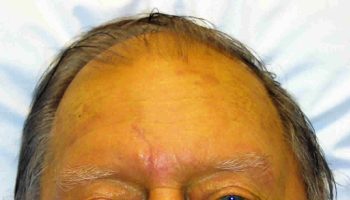What is AHCC
AHCC is short for Active Hexose Correlated Compound, is a fermented mushroom extract prepared from several species of Basidiomycetes mushrooms including Shiitake (Lentinus edodes) and Shimeji (Lyophyllum shimeji) 1 that has been proposed to have numerous health benefits mediated by both immunomodulatory and antitumor effects 2. AHCC is composed of a mixture of amino acids, minerals, polysaccharides and lipids enriched in alpha-1,4-linked glucans 3. The primary active component of AHCC is acylated alpha-glucan and contains <0.2% beta-glucans, which have a molecular weight of 10,000 to 500,000, with the lower molecular weight alpha-glucans having much better oral absorption. These glucans are thought to provide a carbohydrate that stimulates immune response 4. AHCC has been made commercially by Amino Up Chemical Company, Japan and AHCC is used as a nutritional supplement taken orally in Japan and has been shown to be effective against hyperlipidemia, obesity and cancer in mice 4. AHCC is an immunostimulatory agent 5 and has improved the prognosis and quality of life of patients with liver, lung, and head and neck cancer 6.
Previous experiments using rodents have demonstrated that AHCC reduces such chemotherapy side effects as bone marrow suppression, hepatotoxicity, and nephrotoxicity 7. There have also been several studies with healthy adults that have confirmed the clinical safety and tolerability of AHCC. In these studies, only low incidences of mild and transient side effects have been found 8. In a phase I study of the safety of AHCC supplement 8, twenty-six healthy male or female subjects between the ages of 18 and 61 were recruited from the community (Cambridge, Massachusetts) and gave their consent to participate in the trial. The subjects were given 9 g of AHCC (150 mL of the currently available liquid AHCC) oral daily for 14 days. Laboratory data was obtained at baseline and after 14 days of exposure to AHCC and adverse events were monitored by a non-directed review of systems questionnaire three times during the trial. At each visit the vital signs and adverse events were recorded. There were 6 subjects (6/28 or 20%) who reported adverse effects while taking the supplement and two (2/28 or 7%) dropped out because of nausea and inability to tolerate the liquid supplement. Adverse effects of nausea, diarrhea, bloating, headache, fatigue, and foot cramps occurred in a total of 6 subjects (20%) but were mild and transient. There were no laboratory abnormalities. When used in high dose in healthy subjects, AHCC causes no significant abnormality in laboratory parameters. The adverse effects of 9 g of liquid AHCC per day, a higher dose than used in routine clinical applications, are minimal and the dose was tolerated by 85% of the subjects 8.
T cell lymphocytes are an essential component of the immune system to fight against pathogens and tumor cells. They work together with NK (natural killer) cells, macrophages and antibody producing B cell lymphocytes to protect the body. Active hexose correlated compound (AHCC) was reported as an immunostimulator for both innate and adaptive immunity with anti-tumor antibodies 9. Furthermore, AHCC decreases both bone marrow suppression 10 and adverse events of chemotherapy 9 while improving quality of life 11 in cancer patients. The mechanisms of AHCC for enhancing the immune system have remained unclear. High contents of carbohydrates may play a role in the regulation of the immune system. Carbohydrates can contribute T cells to recognize epitopes on the surface of an antigen presented by major histocompatibility complex (MHC) molecules 12. AHCC can stimulate monocytes to promote a T helper cell response and induce IL-1β production, which can promote cytokine (IL-17 and IFN-γ) production from CD4+ T cell lymphocytes 13. Moreover, glucans in AHCC contribute to improving the mechanism of antigen presentation by dendritic cells to induce tumor specific cytotoxic T cell lymphocytes 14. Therefore, CD4+ T lymphocytes promote an anti-tumor immune response by producing cytokines. In contrast, CD8+ T lymphocytes can directly mediate the lysis of tumor cells 15. CD4+ and CD8+ tumor infiltrating T cell lymphocytes, especially CD8+ tumor infiltrating T cell lymphocytes, are useful immunological biomarkers in predicting survival 16. The presence of tumor infiltrating T cell lymphocytes correlates with progression-free and overall survival in advanced ovarian cancer patients 17.
Recent studies have shown that AHCC promotes T helper (Th) 17 and Th1 cell responses by inducing interleukin-1beta (IL-1β) production from monocytes in humans 18. A study in a healthy elderly population who took three grams of AHCC per day found that AHCC could enhance CD4+ and CD8+ T cell immune responses which remained up to 30 days after AHCC discontinuation 19. In contrast, another study using AHCC 3 grams/day, changes in CD4+ and CD8+ T cell lymphocytes from baseline were not significantly increased in AHCC group after completion of six cycles of platinum based chemotherapy. Moreover, bone marrow suppression and QOL were not significantly different between both groups (AHCC vs placebo) 20. However, CD8+T cell lymphocytes levels were significantly higher in the AHCC group at the sixth cycle of chemotherapy 20. The level of CD8+ T cell lymphocytes has been reported to be one significant prognostic factor. Although, there was statistical significance, clinical significance was unclear. Further study with a larger sample size and longer follow up period is needed 20.
Matsui et al. 21 have found AHCC reduces the recurrence of hepatocellular carcinoma and adverse events associated with chemotherapy in a human prospective cohort study. However, the mechanisms of action of AHCC are still poorly understood, and conflicting evidence suggests the need for further investigation 22. Over the years, there have been numerous clinical studies on AHCC that have demonstrated benefit in decreasing the side effects associated with anticancer chemotherapy 23.
Despite AHCC is currently being used as a nutritional supplement, but the basis of the advantages of nutritional supplements in the treatment and prevention of human diseases remains to be defined.
AHCC side effects
In test subjects who were given 9 g of AHCC (150 mL of the currently available liquid AHCC) oral daily for 14 days. There were 6 subjects (6/28 or 20%) who reported adverse effects while taking the supplement and two (2/28 or 7%) dropped out because of nausea and inability to tolerate the liquid supplement. Adverse effects of nausea, diarrhea, bloating, headache, fatigue, and foot cramps occurred in a total of 6 subjects (20%) but were mild and transient. There were no laboratory abnormalities. When used in high dose in healthy subjects, AHCC causes no significant abnormality in laboratory parameters. The adverse effects of 9 g of liquid AHCC per day, a higher dose than used in routine clinical applications, are minimal and the dose was tolerated by 85% of the subjects 8.
- The nutritional supplement Active Hexose Correlated Compound (AHCC) has direct immunomodulatory actions on intestinal epithelial cells and macrophages involving TLR/MyD88 and NF-κB/MAPK activation. Daddaoua A, Martínez-Plata E, Ortega-González M, Ocón B, Aranda CJ, Zarzuelo A, Suárez MD, de Medina FS, Martínez-Augustin O. Food Chem. 2013 Feb 15; 136(3-4):1288-95. https://www.ncbi.nlm.nih.gov/pubmed/23194525/[↩]
- Gao Y, Zhang D, Sun B, Fujii H, Kosuna K, Zhinan Y. Active hexose correlated compound enhances tumor surveillance through regulating both innate and adaptive immune responses. Cancer Immunol Immunother. 2006;55:1258-1266[↩]
- Gao Y, Zhang D, Sun B, Fujii H, Kosuna K- I, Yin Z. Active hexose correlated compound enhances tumor surveillance through regulating both innate and adaptive immune responses. Cancer Immunol Immunother CII. 2006;55: 1258–1266. doi: 10.1007/s00262-005-0111-9[↩]
- Immunological effect of active hexose correlated compound (AHCC) in healthy volunteers: a double-blind, placebo-controlled trial. Terakawa N, Matsui Y, Satoi S, Yanagimoto H, Takahashi K, Yamamoto T, Yamao J, Takai S, Kwon AH, Kamiyama Y. Nutr Cancer. 2008; 60(5):643-51. https://www.ncbi.nlm.nih.gov/pubmed/18791928/[↩][↩]
- Daddaoua A, Martínez-Plata E, Ortega-González M, Ocón B, Aranda CJ, Zarzuelo A, et al. The nutritional supplement Active Hexose Correlated Compound (AHCC) has direct immunomodulatory actions on intestinal epithelial cells and macrophages involving TLR/MyD88 and NF-κB/MAPK activation. Food Chem. 2013;136: 1288–1295. doi: 10.1016/j.foodchem.2012.09.039[↩]
- Ishizuka R, Fujii H, Miura T, Fukuchi Y, Tajima K. Personalized cancer therapy for stage IV non-small cell lung cancer: Combined use of active hexose correlated compound and genistein concentrated polysaccharide. Pers Med Universe. 2012;1: 39–44. doi: 10.1016/j.pmu.2012.05.006[↩]
- Shigama K. Nakaya A. Wakame K, et al. Alleviating effect of active hexose correlated compound (AHCC) for anticancer drug-induced side effects in non-tumor-bearing mice. J Exp Ther Oncol. 2009;8:43–51.[↩]
- A Phase I Study of the Safety of the Nutritional Supplement, Active Hexose Correlated Compound, AHCC, in Healthy Volunteers. J Nutr Sci Vitaminol (Tokyo). 2007 Dec;53(6):536-9. https://www.jstage.jst.go.jp/article/jnsv/53/6/53_6_536/_pdf/-char/en[↩][↩][↩][↩]
- Hirose A, Sato E, Fujii H. The influence of active hexose correlated compound (AHCC) on cisplatin-evoked chemotherapeutic and side effects in tumor-bearing mice. Toxicol Appl Pharmacol. 2007;222:152–8[↩][↩]
- Nakamoto D, Shigama K, Nishioka H, et al. Active hexose correlated compound (AHCC) alleviates gemcitabine- induced hematological toxicity in non-tumor-bearing mice. Int J Clin Med. 2012;3:361–7.[↩]
- Kidd PM. The use of mushroom glucans and proteoglycans in cancer treatment. Altern Med Rev. 2000;5:4–27[↩]
- Acvi FY, Li X, Tsuji M, et al. Carbohydrate and T cells: a sweet twosome. SeminImmunol. 2013;25:146–51[↩]
- Lee WW, Lee N, Fujii H, et al. Active hexose correlated compound promotes T helper (Th) 17 and 1 cell responses via inducing IL-1βproduction from monocytes in humans. Cell Immunol. 2012;275:19–23[↩]
- Mushiake H, Tsunoda T, Nukatsuka M, et al. Dendritic cells might be one of key factors for eliciting antitumor effect by chemoimmunotherapy in vivo. Cancer Immunol Immunother. 2005;54:120–6.[↩]
- Dorigo O, Berek J. Biological, Targeted, and Immune Therapy. In: Berek J, Hacker N, editors. Berekand Hacker’s gynecologiconcology. 6th ed. Philadelphia: Wolters Kluwer; 2015. pp. 39–57.[↩]
- Zhang L, Conejo-Garcia JR, Katsaros D, et al. Intratumoral T cells, recurrence, and survival in epithelial ovarian cancer. N Engl J Med. 2003;348:203–13[↩]
- Hwang WT, Adams SF, Tahirovic E, et al. Prognostic significance of tumor-infiltrating T cells in ovarian cancer: a meta-analysis. Gynecol Oncol. 2012;124:192–8.[↩]
- Lee WW, Lee N, Fujii H, Kang I. Active Hexose Correlated Compound promotes T helper (Th) 17 and 1 cell responses via inducing IL-1β production from monocytes in humans. Cell Immunol. 2012;275:19–23[↩]
- Yin Z, Fujii H, Walshe T. Effects of active hexose correlated compound on frequency of CD4+and CD8+T cells producing interferon-gamma and/or tumor necrosis factor-alpha in healthy adults. Hum Immunol. 2010;71:1187–90.[↩]
- Suknikhom W, Lertkhachonsuk R, Manchana T. The Effects of Active Hexose Correlated Compound (AHCC) on Levels of CD4+ and CD8+ in Patients with Epithelial Ovarian Cancer or Peritoneal Cancer Receiving Platinum Based Chemotherapy. Asian Pacific Journal of Cancer Prevention : APJCP. 2017;18(3):633-638. doi:10.22034/APJCP.2017.18.3.633. https://www.ncbi.nlm.nih.gov/pmc/articles/PMC5464477/[↩][↩][↩]
- Matsui Y. Uhara J. Satoi S, et al. Improved prognosis of postoperative hepatocellular carcinoma patients when treated with functional foods: a prospective cohort study. J Hepatol. 2002;37:78–86.[↩]
- Shah SK. Walker PA. Moore-Olufemi SD, et al. An evidence-based review of a Lentinula edodes mushroom extract as complementary therapy in the surgical oncology patient. J Parenter Enteral Nutr. 2011;35:449–458.[↩]
- Ito T, Urushima H, Sakaue M, Yukawa S, Honda H. Reduction of adverse effect by a mushroom product, active hexose correlated compound (AHCC) in patients with advanced cancer during chemotherapy: the significance of the levels of HHV-6 DNA in saliva as a surrogate biomarker during chemotherapy. Nutr Cancer. 2014;66:377-382. https://www.ncbi.nlm.nih.gov/pubmed/24611562/[↩]
